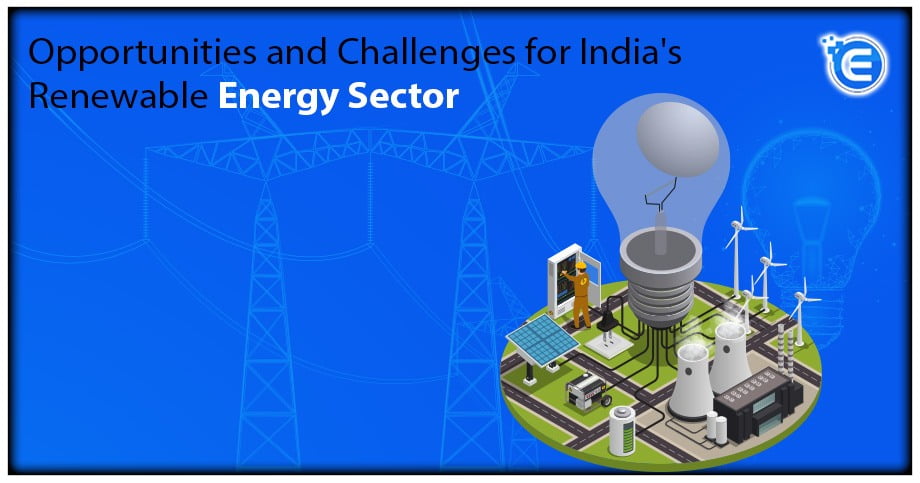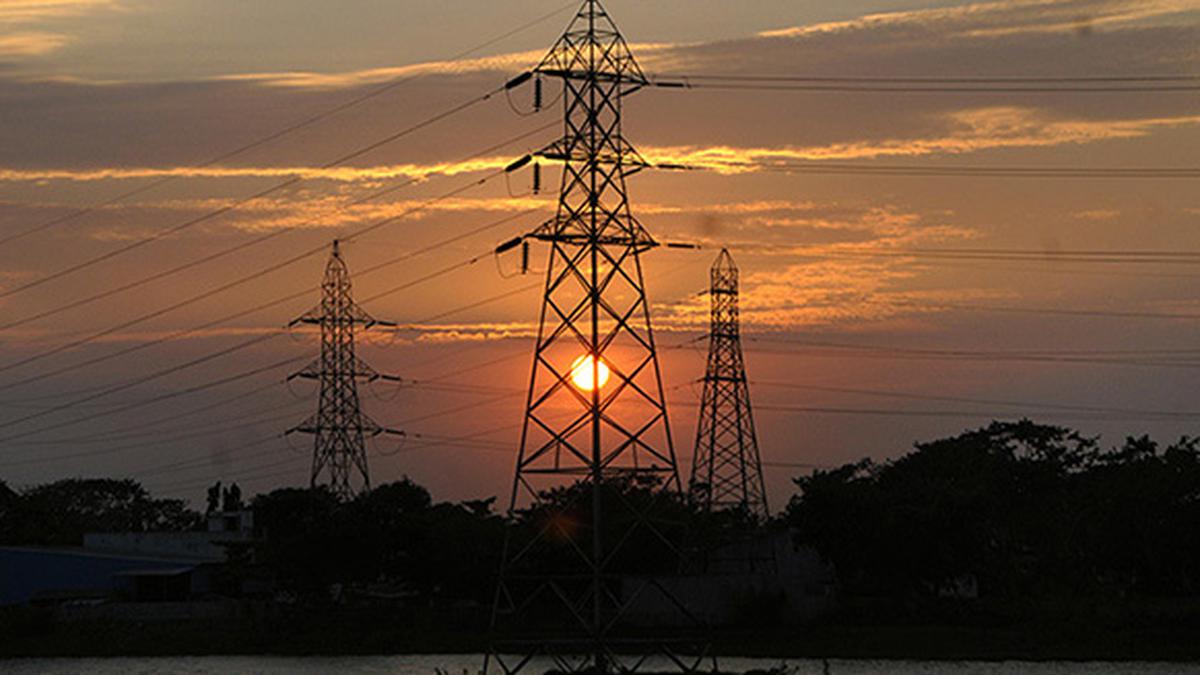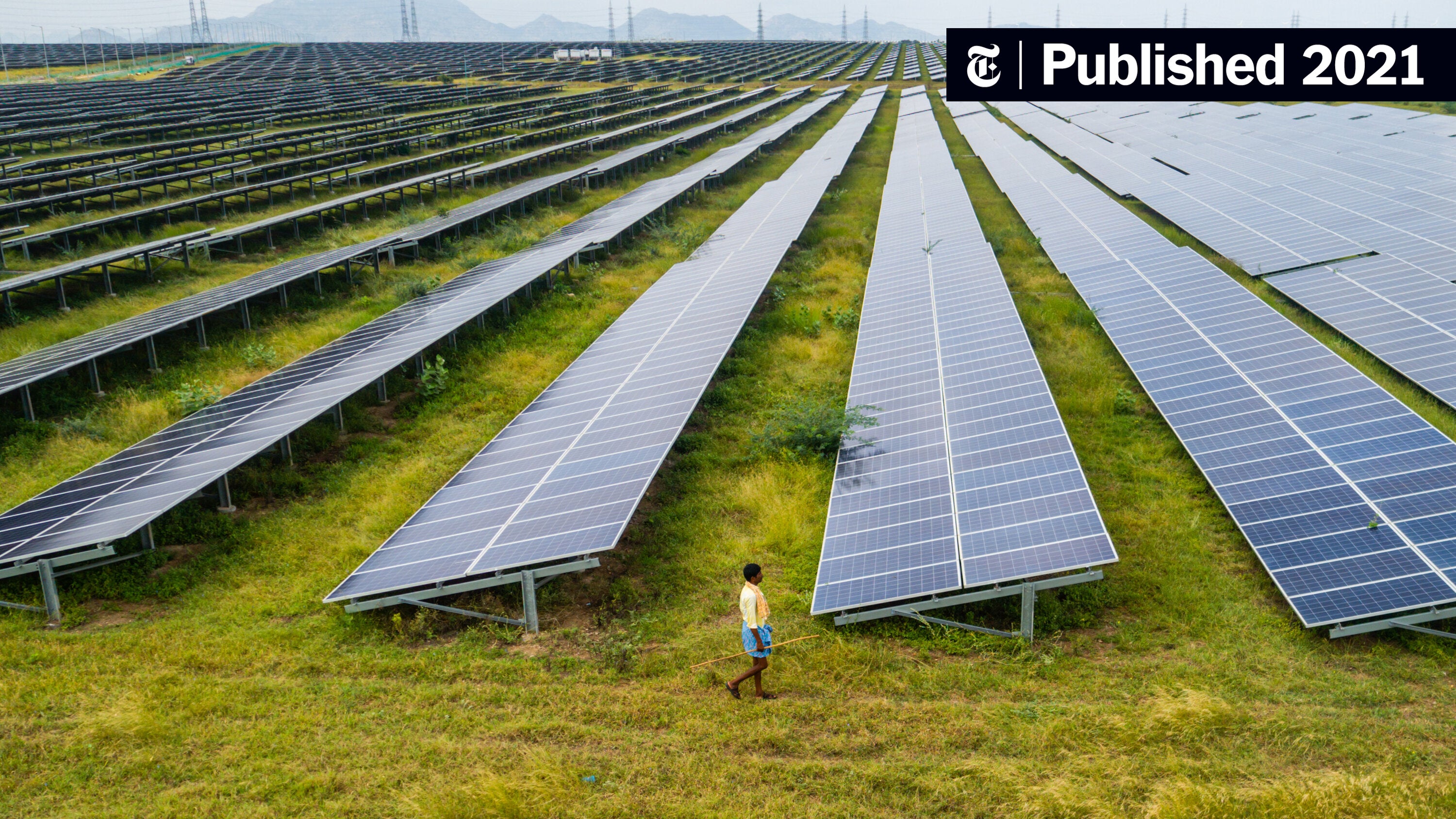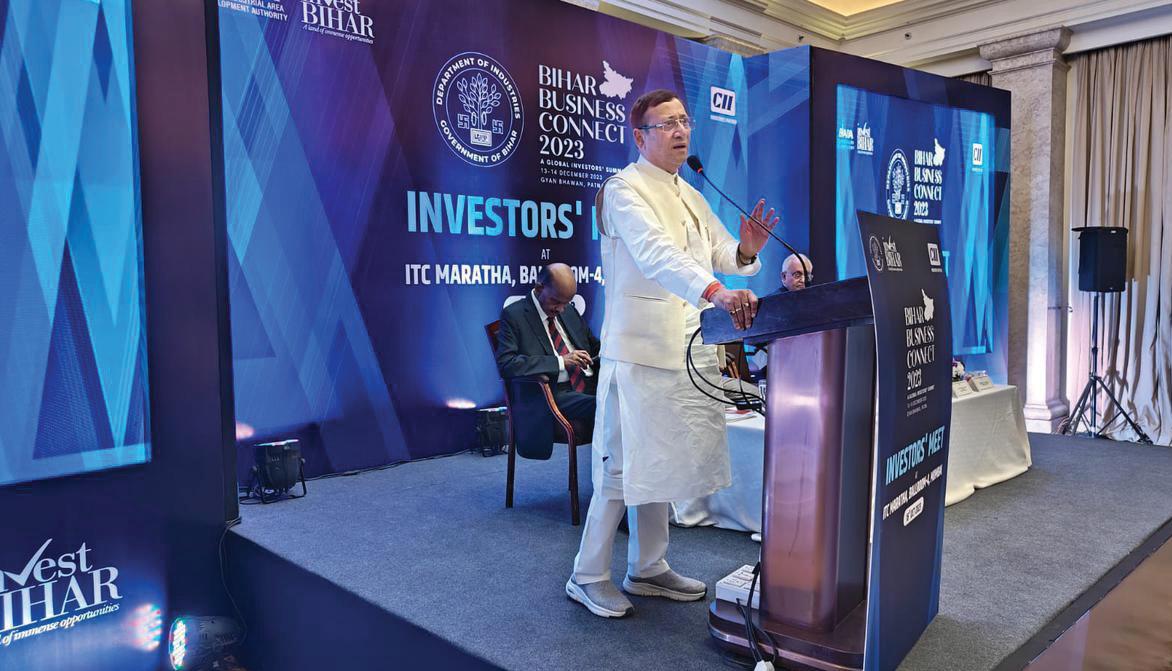


As India pushes towards its goal of increasing the use of renewable energy, major companies like Adani, Google, and Reliance are investing in clean energy projects in the country. However, a recent study shows that India still needs more funding for climate-friendly energy sources. Companies like JSW Neo Energy and BluPine Energy are also making significant contributions, but face challenges like land acquisition and climate hurdles. Despite these obstacles, the renewable energy sector in India continues to grow, with companies like Suzlon receiving large wind energy orders.
India's Clean Energy Push: Google and Clean Max Lead the Charge
Background
India has set ambitious goals for increasing its renewable energy usage as part of its commitment to combatting climate change. To achieve these targets, the government is encouraging private sector investment in clean energy projects. Several major companies, including Adani, Google, and Reliance, have responded by pledging significant investments in this sector.
Google's Involvement
Google has been a vocal advocate for renewable energy and has invested heavily in clean energy projects worldwide. In India, the tech giant has partnered with Clean Max, a leading provider of solar energy solutions, to develop and deploy solar rooftop systems for commercial and industrial customers.
Successes and Challenges
Despite the growing momentum behind clean energy in India, the country still faces significant challenges in scaling up its renewable capacity. A recent study revealed that India needs additional funding to meet its climate-friendly energy targets. Other obstacles include land acquisition hurdles and the impacts of climate change on project development.
Top 5 FAQs: Current and Past Events
1. What is Clean Max's role in India's clean energy market?
Clean Max is a leading provider of solar energy solutions in India. The company has installed over 700 megawatts of solar photovoltaic systems, helping businesses and organizations reduce their carbon footprint and save on energy costs.
2. How has Google's partnership with Clean Max impacted the Indian renewable energy sector?
Google's collaboration with Clean Max has accelerated the adoption of solar energy in India. By providing financing and support to Clean Max's projects, Google has helped expand the company's reach and increase the availability of clean energy solutions for Indian businesses.
3. What are the major obstacles facing India's renewable energy sector?
India's renewable energy industry faces challenges such as land acquisition issues, the need for greater financial incentives, and the impact of climate change on project development. Despite these hurdles, the government remains committed to supporting the growth of this sector.
4. Which other companies are making contributions to clean energy in India?
Besides Google and Clean Max, other major companies investing in clean energy in India include Adani, Reliance, JSW Neo Energy, and BluPine Energy. These companies are developing a range of renewable energy projects, including solar, wind, and bioenergy.
5. What is the future outlook for clean energy in India?
Despite the challenges, the renewable energy sector in India continues to grow rapidly. The government's commitment to increasing its clean energy usage, coupled with the support of major companies like Google and Clean Max, suggests a bright future for this industry in the country.

During the 55th GST Council meeting, Union Finance Minister Nirmala Sitharaman announced that the Goods and Services Tax on rice kernels has been reduced from 18% to 5%, while life-saving gene therapy will now be exempt from tax. Additionally, parts used in manufacturing surface-to-air missiles will continue to be exempt from GST. However, the tax rate on caramelised popcorn has been increased to 18%, citing its harmful effects on health. The Finance Minister also clarified that payment aggregators will be eligible for exemptions, but this does not apply to payment gateways and fintech services.

In an effort to bring joy and togetherness to the holiday season, Amazon India has announced the 8th edition of its Holiday Toy List. The thoughtfully curated store features over 1.6 million products from more than 10,000 brands, including popular options like LEGO, Hot Wheels, and Hasbro. Director Rajarshi Guin states that the store is focused on elevating the gifting experience for families and gift-givers, making every gift an unforgettable highlight of the season.

Bajaj Auto, the Pune-based motorcycle specialist, has introduced the new 35 Series of the popular Chetak electric scooter with three variants. With a starting price of Rs 1.27 lakh, the feature-loaded 3501 variant aims to compete with its counterparts like TVS iQube, Ola S1, and Ather Rizta in the Indian market. With the customer-friendly delivery schedule, Bajaj Auto is confident to retain its leadership position in the electric two-wheeler segment. This strategic move by the company not only caters to the needs of young riders but also showcases its commitment to providing cutting-edge technology with neo-classic style.

Amidst all the excitement surrounding Trump's U.S. election victory, fund manager Sean Peche is urging investors to take a closer look at Europe. According to Peche, there are some "very attractively priced" companies in the region that have been overshadowed by the Trump euphoria. Peche believes that stocks such as French bank BNP Paribas and Dutch investment bank ABN Amro, with consistent growth and high dividends, are being ignored by investors. He also points out "attractive" stocks in the UK, such as Associated British Foods, which owns retail giant Primark. While political turmoil in France and the UK may raise concerns, Peche remains unfazed and advises against overlooking these opportunities.

The city of Pune, India has seen a sharp rise in tree falling incidents despite efforts to increase the green cover. Data from the Pune Municipal Corporation's Fire Department revealed that in the past four years, tree falling incidents have increased, with 1,664 cases reported from January to November of this year. Experts and activists have cited the covering of tree bases with paver blocks and concretisation around their roots as the main reasons for this rise. The PMC's Garden Department and Tree Authority Department have been blamed for their neglect in upkeep and the imbalance caused by construction near tree bases. Exotic species are particularly vulnerable to these incidents, while indigenous trees are sturdier and fall less frequently. Urgent measures need to be taken to address this issue and protect Pune's urban trees.

As the festive season approaches, the ultra-wealthy are sparing no expense to make their Christmas celebrations the most extravagant and lavish affair. From imported Christmas trees and crystal baubles to private Santas and bespoke decorations, no detail is overlooked in creating a truly opulent experience. With yacht parties, luxurious gifts, and even private islands on the itinerary, it's clear that for the elite, Christmas is not just a holiday, but an opportunity to indulge in unparalleled luxury and excess.

The much-awaited Disney Live Action film, Mufasa: The Lion King has kicked off with a great start at the Indian box office, collecting Rs. 9 to 9.50 crores on its opening day. The Telugu version has been the top performer, followed by the Hindi version due to Shah Rukh Khan's voiceover, and the film is expected to enter the coveted Rs. 100 crore club with the support of family audiences during the holiday season. However, it faces tough competition from the South Indian film Pushpa 2, which has also grossed around Rs. 12 crores on the first day.

Adani Energy, one of the leading power companies in India, has been actively expanding its presence in the power sector. Recently, the company announced the formation of a new subsidiary in Kenya, as well as a new arm for power transmission. Additionally, Adani Energy has acquired a major project and has partnered with other companies for solar-powered solutions. The company's growth plans align with the Indian government's projections of a significant increase in power demand by 2047.

The recent Bihar Investor Summit 2024 saw a number of major announcements in the renewable energy sector, with NHPC pledging to invest Rs 5,500 crore, IOC announcing an investment of Rs 21,000 crore for refinery expansion, and NTPC revealing plans for a nuclear project. The Adani Group also announced a major investment of Rs 20,000 crore in a power plant in the state. With a focus on boosting industrial growth, the summit showcased Bihar's potential for investment in the renewable energy sector, particularly in fields like manufacturing and leather industry. The state has already attracted over 3,800 industry proposals, as confirmed by the Chief Secretary.

The state of Bihar is gearing up for its Investor Summit 2024, which will focus on highlighting the investment potential and growth opportunities in the manufacturing, renewable energy, and leather industries. With major corporations like Adani Group, IOC, Shree Cement, NTPC, and NHPC announcing multi-billion rupee investments in power plants, refineries, and cement plants, the state is set to attract a huge influx of capital and boost its economic development. The summit, scheduled for December 2024, is expected to provide a platform for investors to engage with government officials and business leaders and explore potential partnerships and collaborations. With the aim to transform Bihar into a vibrant industrial hub, the state government is leaving no stone unturned to showcase its strengths and attract investments.